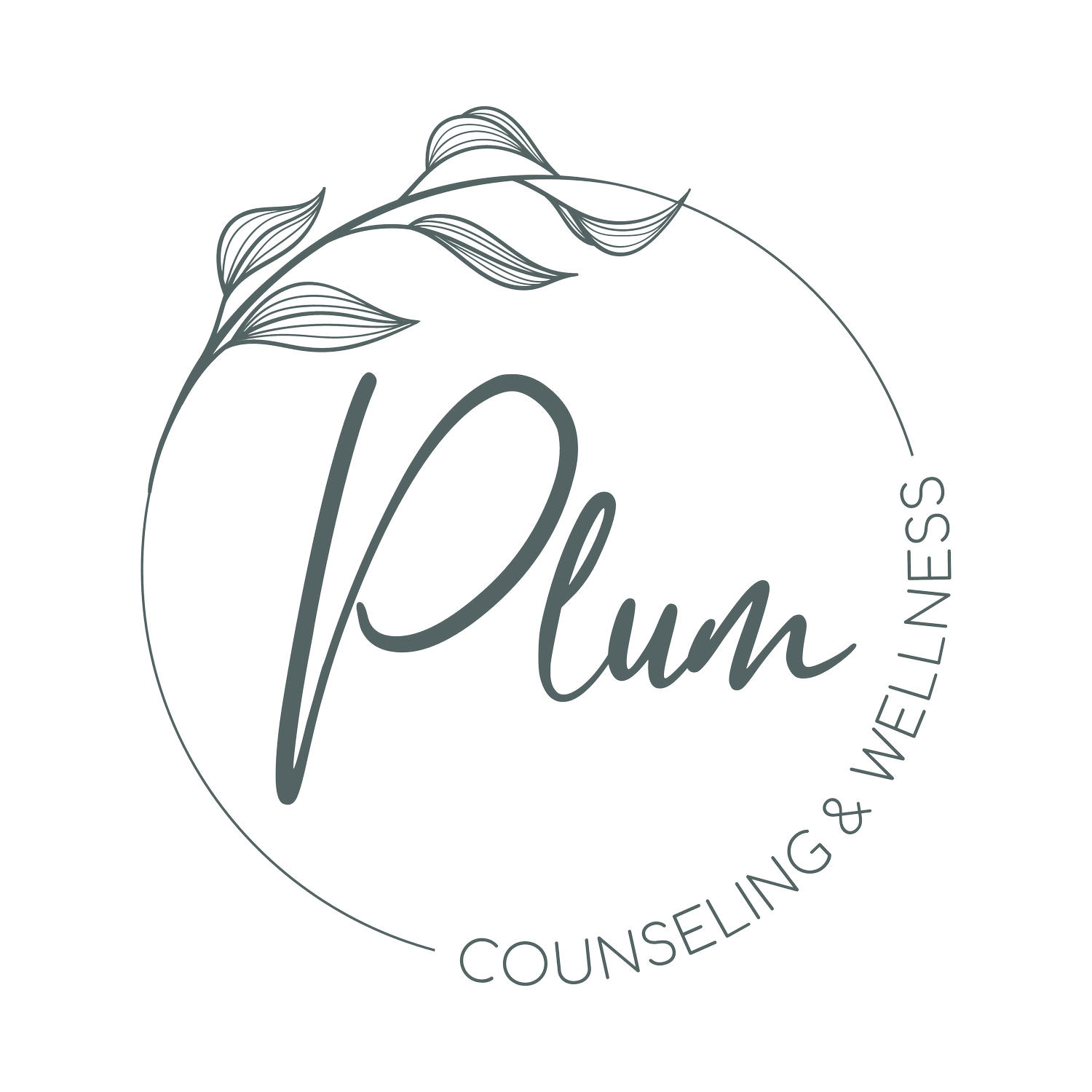Too emotional to meditate? Think again!
Meditating is usually associated with a clearing of the mind, a distancing of ourselves from the emotional turmoil to gain perspective and acceptance. However, what happens if we dive right into the emotion instead?
Recently, my husband and I committed to setting aside a few moments each night after the kids go to bed to sit down and meditate together. I’ve incorporated mindfulness into my life for years, but I’ve never had a regular, formal meditation practice. Although it has taken some serious willpower for me to stick with it (any mom knows how limited and precious those after-bedtime hours are!), I have noticed that I feel significantly calmer during the day after we meditate in the evenings.
However, soon after we started this practice, we had to make a really difficult family decision. I was distraught and way too upset to sit and calmly observe my thoughts and feelings the first evening. The second night, I was tempted to skip again and go veg out in front of the TV with ice cream instead. I felt too agitated to meditate, my feelings swirling around like a shaken snow globe and threatening to overwhelm me at any moment. However, part of me craved the respite that I’d found in meditating, so I decided to sit down for a few minutes (figuring I could always bail and move to Plan Ice Cream if things got too intense).
When I’m experiencing extremely strong emotions, it’s almost impossible for me to set them aside and fully quiet my mind. On this evening, I knew I had to try something different. Instead of fighting those feelings, I surrendered to them. I allowed them to come close, and I observed, named, and felt them. I didn’t resist, fear, or push them away, like I usually do when I’m just trying to get through my day.
What lies beneath…
As my heart began to settle, a few clear emotions floated to the surface. The first one was loneliness. I was surprised to see this one, because I’d had the support of many friends and family members through this difficult time. However, as I sat with the feeling, I realized that any strong emotional experience is isolating by its very nature. Even if someone is going through the exact same situation that I am, I’m still the only one dealing with my particular struggle and my unique response to it. I had lost something very dear to me, and my heart ached with loneliness from it. I also realized that feeling lonely isn’t the worst thing in the world. It’s uncomfortable and unpleasant, yes, but I can cope with it. Fighting against it and telling myself, “I can’t handle this!” was causing me much more pain than the loneliness itself.
The next feeling that arose was gratitude. As I mentioned, this decision had resulted in a significant loss for me, so the emotions I’d been focusing on were mostly painful and difficult. I hadn’t noticed this quiet undercurrent of gratitude running below the surface. When I quieted my thoughts and allowed myself to turn my attention to it, it softened the sharp edges of grief and hurt. This created some emotional space to reflect on the happy memories and how grateful I was to have had those experiences, even though I was hurting right now in their absence. Before this, I had only noticed the pain, not the sweetness underneath.
Above all, I noticed an immense tenderness and compassion for myself. By allowing these emotions to come close and sit with me, it was almost as if a dear friend sat down with me as well, offering comfort and support. By observing and accepting my feelings instead of wasting all my energy fighting against them, I gained some emotional distance to show up for myself. I’ve always known that meditating helps you be more present, but I thought of it as, “I’m more present to experience my emotions,” rather than, “I’m more present for myself as I experience these emotions.” I certainly didn’t realize that my own intentional presence would be so comforting to me.
After this meditation session, I realized that resisting my emotions was dragging me further into them, causing more suffering and upset. I knew that one of the results of meditation is gaining emotional distance and perspective from my struggles, but I mistakenly believed that I had to strive to create that distance. Instead, I was able to see that allowing, observing, and accepting my emotions was what helped me to see and understand them more clearly.
Furthermore, I recognize the importance of true presence. I still feel grief and loneliness (because any loss takes time to heal from!) but I also know how to draw close to myself to find that comfort. The support of friends and family is wonderful, but sometimes no one picks up the phone, or they don’t know exactly the right words to say. But me? I’m always around, and I can always relate to myself, if I simply take the time to pay attention and accept what’s happening in my heart. That’s the greatest gift I can give to myself.

